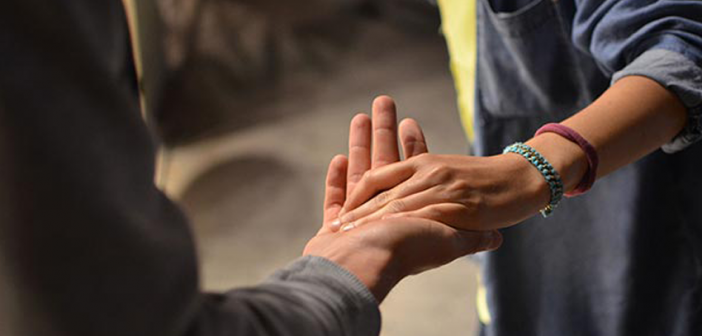You have a loving, engaged, and caring child. They do well (or at least adequately) in school, they’re active in extracurricular activities, and they have a solid group of friends that you feel are good influences.
Until one day you notice something is different. You’re not quite sure what it is, but you know that your child is starting to change. They’re moodier. School work isn’t coming quite so easily to them. And is that a new kid they’re hanging out with? Are these signs of a regular teenager growing and becoming an adult (with some awkward steps along the way), or could they be struggling with a bigger problem? Here are signs your child could be of the many dealing with substance abuse issues.
Signs of substance abuse
It’s hard to decipher whether your child is simply going through another phase in their adolescence, or if they’re showing signs of a larger problem with long-standing consequences. Some of the most obvious signals that they’re using drugs can seem mundane.
They might stop paying attention to their hygiene, or stop hanging out with friends, or they suddenly have a new group of friends entirely. Are they more combative? Do arguments arise more easily? This can happen when an abuser is between fixes, and until they’re satiated, they’re irritable and hard to deal with. Again, this can also just be normal adolescence at work, so don’t draw conclusions based on a single observation.
There are more obvious ways to tell if your child needs help, as well. If their grades drop, and they’ve lost interest in school as a whole, it could be an indication of a larger problem. If they show signs of trauma and bruising, this may be the result of reckless behavior due to being high or drunk.
According to the CDC, one in five seniors in high school try a prescription which isn’t theirs, and two-thirds of students have tried alcohol by 12th grade. Having conversations with them about their drug and alcohol habits can be difficult. But if your family needs help, there is hope.
How to handle the issue
If you suspect your child is indeed abusing drugs or alcohol, the first step is to talk to them. Have an open and honest conversation with them so they know they can go to you for help. Stay calm and listen to what’s happening in their life without getting emotional or laying blame. Adolescent brains are especially vulnerable to addiction, so it’s best to remember that it’s a disease and after a certain point, no longer a choice.
If the conversation doesn’t go well, or you simply feel like you need reinforcements to better make them understand that they need help, take them to your family medical doctor. A professional can better explain to them what drugs or alcohol due to their brain and their body, and how it will affect them later in life. Because teenagers think with the sensation-seeking part of the brain, and their impulse-controlled part of the brain hasn’t developed enough yet, they may be fully aware of the risks they’re taking, but don’t care enough to avoid them, as the consequences don’t seem real to them.
If your son or daughter is still struggling, it’s time to look into juvenile residential treatment centers. Once there, they can receive caring help from doctors and other licensed professionals, and will be removed from the environment that introduced them to the substance they’re abusing. They can “dry out” from the drugs, and a team of therapists can help them sort through any issues which made them start using in the first place. This may require family therapy to fix problems in the home, or just so that you’re aware of what your child is going through privately.
Having an addict in your family can be a challenging, scary experience. But with the help of professionals and a lot of love and patience, you can get your child back.




